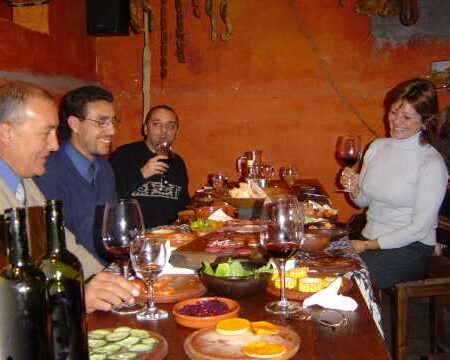The official language is Spanish, but the Spanish spoken in Buenos Aires is distinctive from that of Spain and other parts of Latin America.
Its most common characteristic is the use of “vos” (an old form of saying “you”) instead of “tú” (the modern form of saying “you”) in informal communication. Also, the use of “che” which is used to replace the name of the person you are speaking with (this is used with both strangers and friends).
Examples: “Che, ¿sabés que colectivo me deja en el Obelisco?” (Che, which bus will drop me off at the obelisk?”) “Che, me decís la hora?” (Che, can you tell me what time it is?).
In Buenos Aires, the language has adopted its own slang, called “lunfardo,” which is a mixture of local and Italian words.
The lunfardo gave birth to and nurtured tango, and is its language and dialect. In past times, it was considered the language of the lower classes and street criminals, associated with the slums and the prisons, but today it is used by porteños of all social backgrounds. In tangos we find words that are in disuse (percanta, garufa, among others) whereas the porteños are constantly inventing new words.























